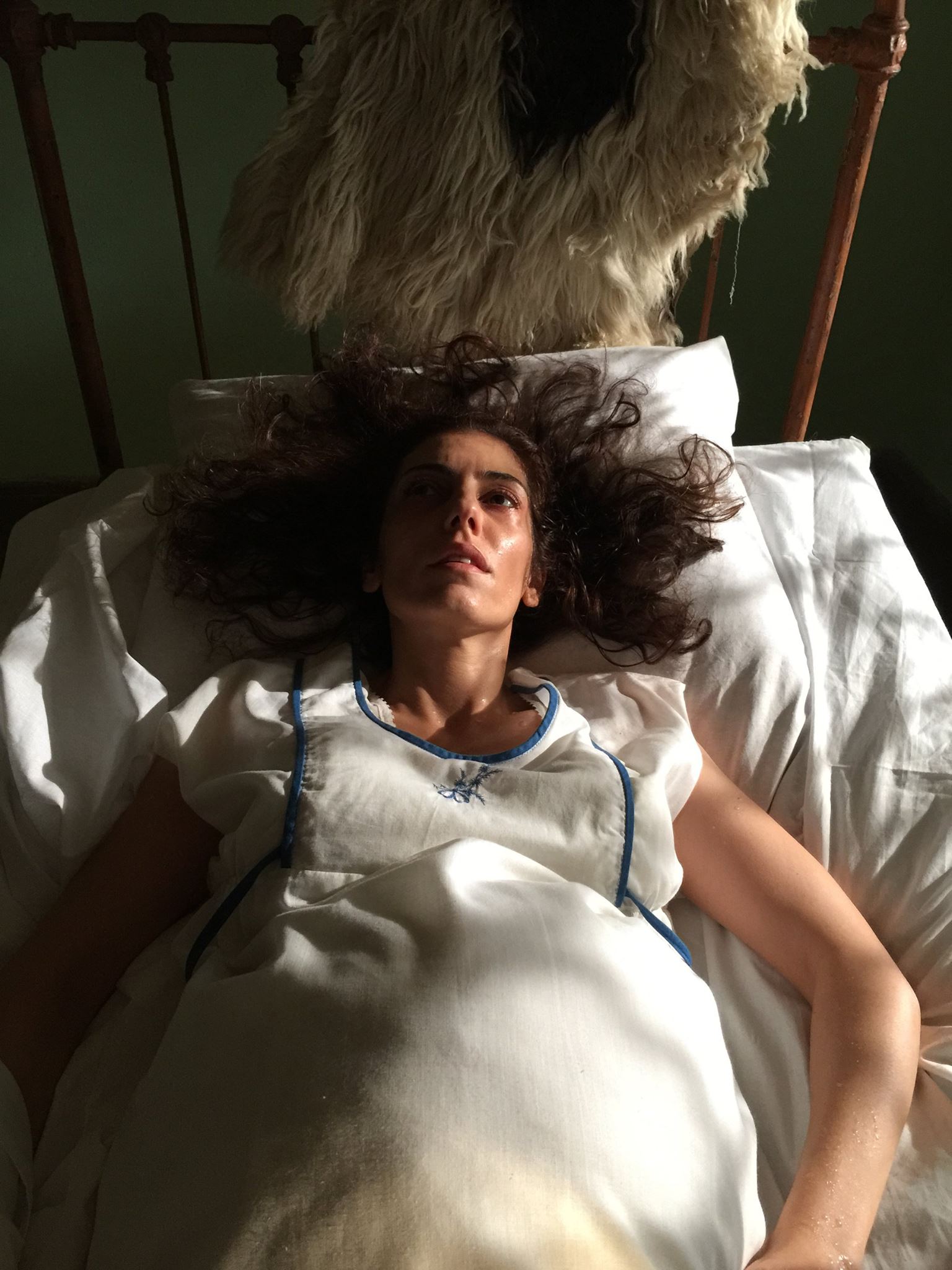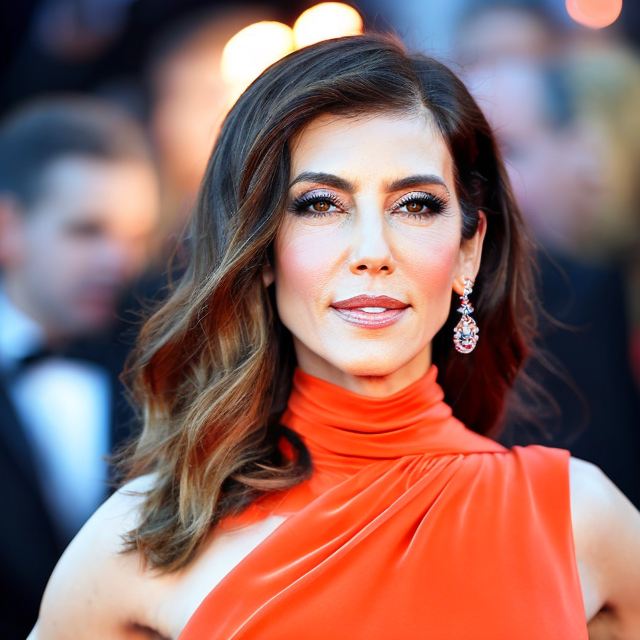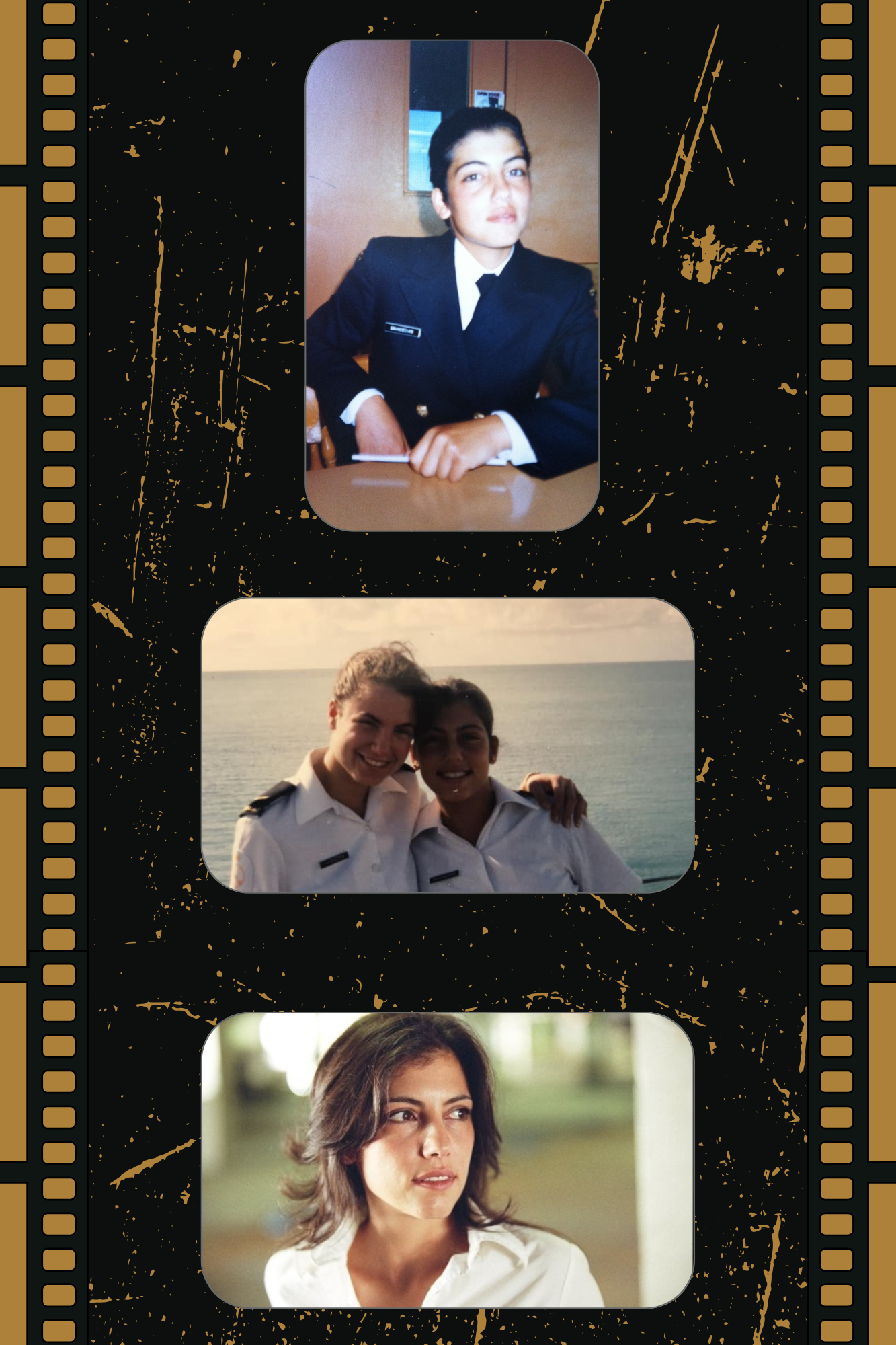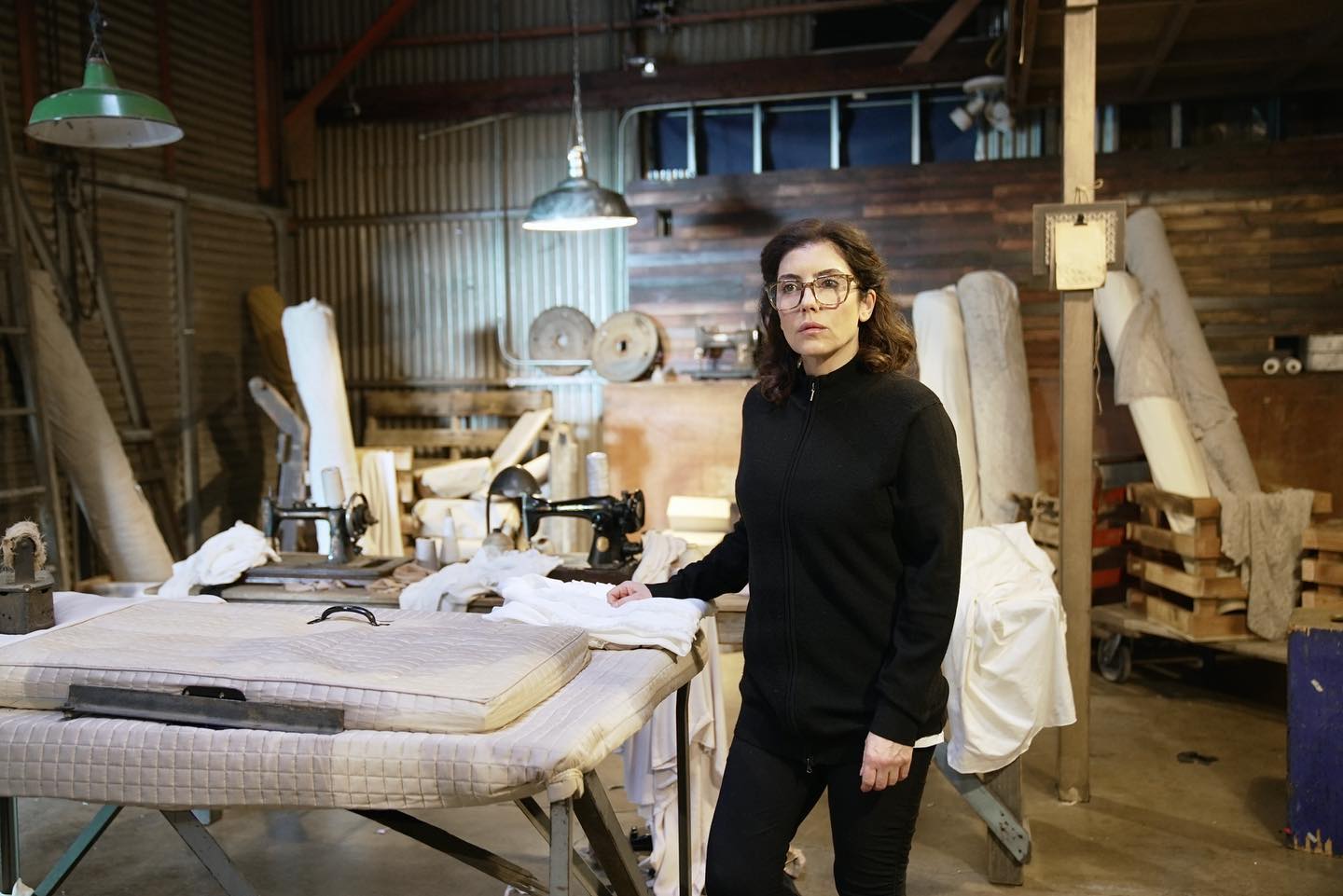In the world of film and theater, storytelling is at the core of everything. Writers, editors, directors, composers, costume designers—everyone plays a role in shaping the narrative. Each element contributes to the final story we experience on screen or stage. And while I deeply appreciate the storytelling done in every one of these areas, my own connection to storytelling is, and has always been, as an actor.
The Many Forms of Storytelling
A script is just the beginning. A writer lays the foundation, but the final piece is built by so many hands. Editors shape the pacing, making sure a story unfolds in the right rhythm. Music composers, like Hans Zimmer, craft the emotional undercurrent of a scene—without it, moments wouldn’t land the same way. Even opening credits set the tone for what’s to come.
Then there’s makeup. A detail as small as an eyebrow shape can tell a story. Take Nights of Cabiria (Le Notti di Cabiria). At the beginning of the film, the protagonist’s brows are soft, round, full of innocence. By the end, after she’s been chewed up and spit out by life, her brows are harsh, straight lines, almost cutting across her face. That transformation tells a story on its own, no dialogue necessary.
I see and value all of this. But when it comes to how I tell stories, it’s only ever been through acting.
Finding the Story in a Script
When I read a script, I’m not just reading words on a page—I’m experiencing it. I see the scene unfold, I feel the emotions, I hear the rhythm of the dialogue as if I’m already inside the moment. It’s not an analysis; it’s an immediate, lived-in response. Maybe that’s why directing comes faintly close to acting for me—because if I can see the scene so clearly, I could direct it if I had to. But the reality is, directing involves an entirely different level of pre-production, post-production, and technical precision that just doesn’t spark my passion the way acting does.
The Weight of a Simple Line
The most profound moments in a script often come in the simplest lines. I remember reading for a play once, just a casual reading with the playwright present. There was a scene where a couple was fighting, and my character had a single line: “I’m not happy.”
That’s it. Three words. But the enormity of that statement? It hit me like a wave. There are a million ways to say that line, but when I said it, I felt the heartbreak in my bones. That moment, that truth, was what settled it for the director.
Edward Allan Baker had this way of writing simple, devastating lines. In Rosemary with Ginger, a character says: “I just want somebody to hold my hand.” That’s why she got married—to escape loneliness. Imagine the weight of that.
Then there’s Tennessee Williams. His work isn’t about one particular line—it’s an entire world soaked in loneliness. A fear of being alone, a yearning for connection, a vulnerability that hovers over everything.
John Patrick Shanley, in Italian-American Reconciliation, has a moment where a woman describes the flowers she threw away as burning, like flames in her hands. It’s not just about flowers. It’s about anger, pain, loss.
And in Face Divided, a mother, frustrated and trapped, tells her partner: “And that’s a dream you get to have.” She’s talking about freedom. About how he still gets to chase dreams, while she’s left behind with all the responsibilities. The resentment in that line is overwhelming.
Acting as Truthful Storytelling
Comedy is different, of course, but at its core, acting—whether in drama or comedy—is about truth.
One of the most important things I learned from Meisner is that every take should be fresh, alive. If I say a line five different times, it won’t sound identical each time, but it will always come from the same deep, truthful place inside me. I don’t try to replicate a vocal crack or a specific tone—I let it happen organically. That’s where the power of acting lies.
I used to second-guess myself. If I walked into an audition and heard someone deliver a line in a completely different way than I had imagined, I’d think: I must have read this all wrong. But with experience, I learned to trust my instincts. There’s no single “right” way. My way is my truth. And as long as I’m grounded in that truth, my performance will be powerful.
Adjustments can always be made. But the core of the work—the honest, lived-in storytelling—can’t be faked.
Final Thoughts
Storytelling exists in every corner of this industry. From the ink on the page to the final cut of a film, every detail matters. I admire the way all these different elements come together to shape a narrative. But for me, storytelling will always be through acting—through the raw, vulnerable truth of a moment. And that’s the art I love most.




